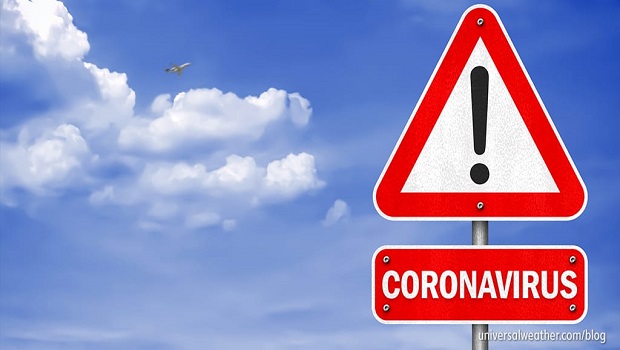What are the current travel restrictions to Canada?
On March 20th, 2020, the Canadian and the United States (“US”) governments agreed to temporarily restrict all non-essential travel across the Canada-US border. Currently (as of April 2nd, 2020), a person who is not a Canadian citizen or a permanent resident cannot enter Canada for leisure or a discretionary purpose. This includes tourism, recreation or entertainment purposes such as fishing, hunting, boarding a cruise, etc. This measure will remain in place until at least April 21st, 2020, at which point it will be reviewed by both governments.
Please note that close family members, such as parents, children and spouses of Canadian citizens or permanent residents are exempt from this measure, including common-law partners.
All travelers who enter Canada must self-isolate for 14 days upon entry into Canada, however, exceptions will be made for workers who are “essential” to the movement of goods and people.
Can I still travel to Canada for work purposes?
The Canadian government stated that all “essential” and “business” travel to Canada from the US will continue as usual. However, at the present time, no specification was provided as to what exactly is considered to be an essential or business travel. The only specification offered by both governments was that any travel pertaining to the transportation of food, fuel, and medicine will not be impeded by the new restrictions in place.
It further appears that the determination of what is an “essential” or “business” travel purpose will be subject to the discretion of Canadian immigration officers and border patrol agents.
For example, diplomats, American travelers arriving into Canada while in transit to a third country, and travelers with family-care, educational or compassionate reasons will continue to be allowed to cross the border into Canada. Supply chains, including trucking, will also not be impacted by these new measures.
The following are some examples of who may still be allowed to travel to Canada during the coronavirus (COVID-19) pandemic:
- Pilots;
- Flight Attendants;
- All air crew;
- Truck drivers;
- Merchant Mariners;
- Diplomats;
- Immediate family members of Canadian citizens;
- Individuals who hold a valid study permit to Canada;
- Individuals who hold a valid work permit to Canada;
- Doctors and medical professionals;
- Other essential business travel as previously described.
Are applications for Criminal Rehabilitation and Temporary Resident Permit still being processed?
Yes. The Canadian consulates in both New York City and in Los Angeles remain open and continue to process applications for Criminal Rehabilitation (“CR”) and for Temporary Resident Permits (“TRP”). Canadian border officers are also still accepting TRP applications at the border for immediate travel needs.
Please be advised that if you plan to travel to Canada in the next few months, it is best to plan ahead and not wait until the Canadian and US border reopens to all travel, including leisure and tourism travel, before submitting your application for a TRP or Criminal Rehabilitation as the average processing time for a TRP application is currently evaluated at 4 months, while a CR can take anywhere between 6-12 months to be approved. It is also unknown how the pandemic may impact the current processing time of CR and TRP applications.
As such, if you have a trip to Canada planned for late summer or beyond, we encourage you to begin the application process as soon as possible in order to ensure the approval of your CR or TRP in time for your travel date.



